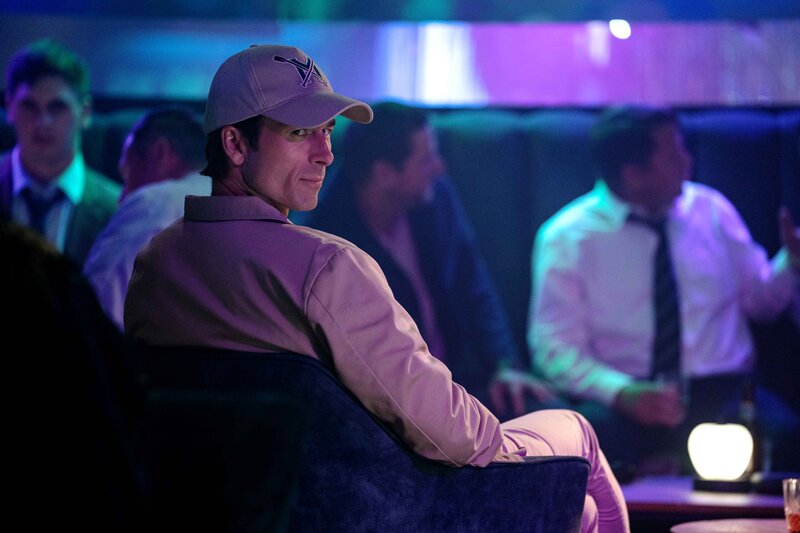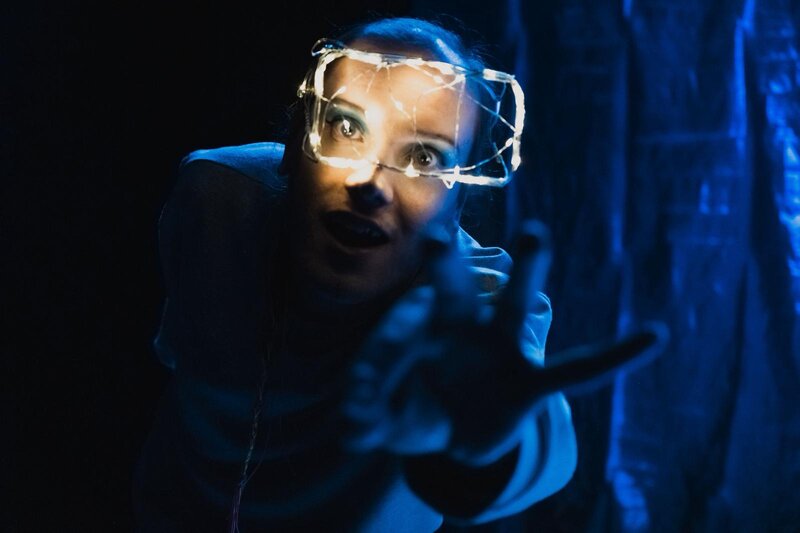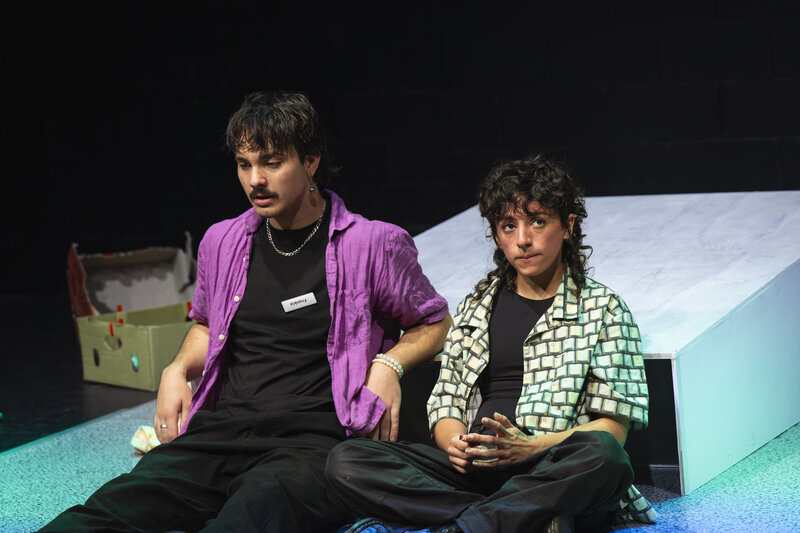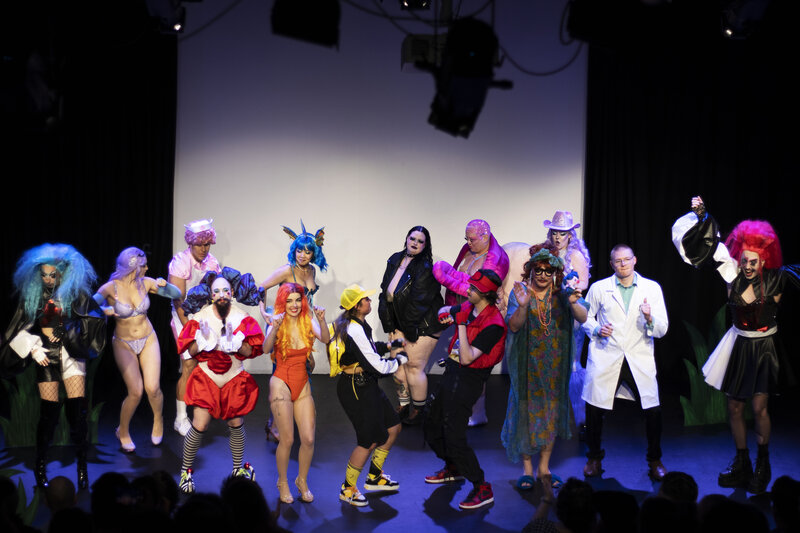Desire is a powerful emotion. Perhaps the most powerful, alongside hunger, but sometimes it leads you in directions that aren’t the best for you. I was reflecting upon that as I watched Drama, a rather quirky slice-of-life reality piece starring Sophie Mathisen.
Anna (Mathisen) travels to Paris to meet John (Tom Wren), unintentionally causing tension between her best friend, gay man Jean (Jonathan Burteaux, Mathisen’s real life bestie) and his French partner, Philippe (Francois Vincentelli). It has been more than a year since actor Anna split with John and life in London seems only to be getting harder. She isn’t landing auditions and the pressure from family to make it work or call it quits is ever increasing. Dreading a future as uncertain as the present, Anna hotfoots it to the City of Light to spend a few days at Jean’s place. At first appearance, his life seems stable. He’s given up acting and settled down with Philippe.
 The timing of Anna’s arrival isn’t great however. Philippe’s mother is dying and that is taking its toll on him … and Jean. Thankful for an excuse to escape, Jean dedicates his time and attention to Anna who is devoted to another task, namely winning back her ex.
The timing of Anna’s arrival isn’t great however. Philippe’s mother is dying and that is taking its toll on him … and Jean. Thankful for an excuse to escape, Jean dedicates his time and attention to Anna who is devoted to another task, namely winning back her ex.
Drama is an Australian independent film, shot entirely in London and Paris, concerning the selves we once were and the selves we long to be. It’s a story of grief for the many roads in life we could have travelled but didn’t. It celebrates the value of friendships that often outlast the relationships with those that share our beds. Nothing about the production or distribution of this feature can be labeled conventional. While Sophie Mathisen wrote, directed and starred in Drama, her sister Dominique produced it. With no government funding on offer it was entirely financed via a crowd funding campaign and private equity. It was released via a “day and date” model, making it available online the same day it hit the cinemas. Further, the project enforced a gender quota of minimum 50 per cent female across all departments (in fact, more than 70 per cent of departmental heads were women).
There’s a sense of desperation and determination about Drama, which considers the issue of personal happiness. Anna is desperate to get back with her ex and is determined to find a way to do it, so she arrives Paris under a ruse. Jean can’t deal with his partner Philippe’s unyielding focus upon his ill mother, is desperate to spread his wings and determines an outlet for his frustrations. I was more convinced by Mathisen’s display of these proclivities than Burteaux’s. In fact, it is Anna’s slightly off-kilter “kookiness” that becomes endearing to us, the audience. She appears more “real” to me.
Overall, I really like Mathisen’s head space, as a performer, as a writer and as a director. She is not averse to trying things, some of which work better than others. For instance, when Anna walks into a café by herself and the camera focuses upon another woman, Nana (Nicole da Silva) who is waiting for a male friend, I thought there was a lack of subtlety in that opening shot – it looked staged. That, perhaps, is my biggest criticism, namely some of the action appears more forced or wooden than natural or free flowing.
In terms of characterisation, I couldn’t figure out just what da Silva’s character was all about. She first appeared in the café, sparking envy on Anna’s part, but the next time we see her is in a homosexual haunt. I felt Nana needed more fleshing out and that that plot device was left up in the air. Nevertheless, delving into the complexities of human emotion and connection are things Mathisen does well. And doesn’t Paris look sensational! Drama is a small film in which not a great deal happens, but it largely remains an enjoyable sit. I await with anticipation what Mathisen (or should I say the Mathisen sisters) cook up next. Rated M, it scores a 6½ to 7 out of 10.
Drama is now available on iTunes or Vimeo on demand.
Alex First

David Edwards is the former editor of The Blurb and a contributor on film and television




